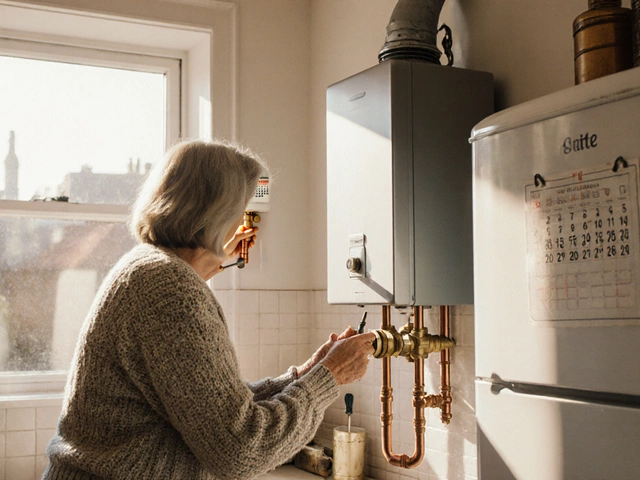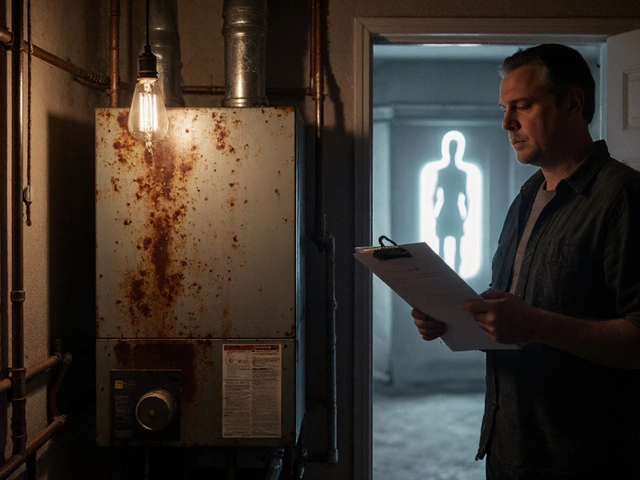Tankless vs Tank Water Heaters: What’s the Real Difference?
If you’re thinking about a new water heater, you’ve probably heard the terms “tankless” and “tank.” Both will give you hot water, but they work in very different ways. The right choice depends on your budget, space, and how you use hot water.
How Each System Works
A tank water heater stores a large cylinder of water that’s kept hot all the time. When you turn on a tap, hot water is pushed out and cold water refills the tank. Because the water is always heated, you get a steady flow but you also waste energy keeping that water warm, even when you’re not using it.
A tankless heater, sometimes called an on‑demand heater, heats water only when you need it. Cold water runs through a coil or a set of pipes that get hot as soon as a faucet is opened. The unit is much smaller – often the size of a briefcase – and it never stores water.
Pros and Cons You’ll Notice Quickly
Space: Tank heaters need room for a big cylinder, usually in a garage or basement. Tankless units fit behind a wall or in a tight cupboard, so they’re great for small homes.
Energy Bills: Because a tank keeps water hot 24/7, it uses more electricity or gas. Tankless models only run when you call for hot water, which can lower your monthly bill by 10‑30 percent, especially if you have a good climate.
Up‑front Cost: Tankless units cost more to purchase and install. You may need a larger gas line or upgraded electrical service, which adds to the price. A standard tank heater is cheaper to buy and set up.
Hot Water Supply: A tank gives you a set amount of hot water – maybe 40‑80 gallons – before the temperature drops. If you have a big family with many showers running at once, a tank can be more reliable. Tankless units can struggle if several fixtures need hot water simultaneously, unless you pick a high‑flow model.
Lifespan and Maintenance: Tanks usually last 10‑15 years and need a yearly flush to prevent sediment buildup. Tankless heaters can last 20 years or more, but they need regular descaling, especially in hard‑water areas.
In short, if you want a cheap upfront price and never run out of hot water during a busy morning, a tank heater might be the easier pick. If you care about saving energy, have limited space, and are okay with a higher initial investment, a tankless system could pay off over time.
Before you decide, check the size of your home, your typical hot‑water usage, and whether your gas or electrical service can handle a tankless unit. A quick chat with a local repair service, like Rugby Appliance Repair Services, can give you a realistic quote and tell you what works best for your house.






